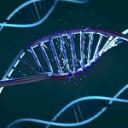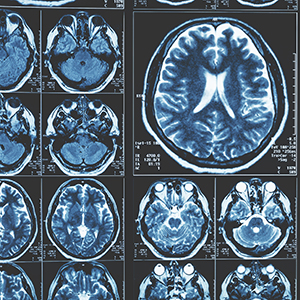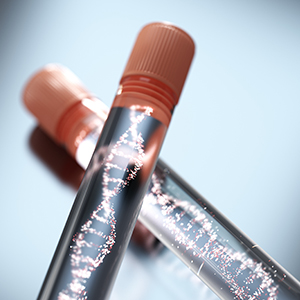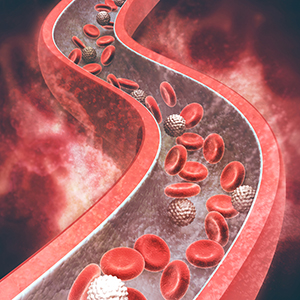Treatment
-
The Week in Cancer News: May 3
Prospective CRISPR application targets cancer directly, HER2 testing accessibility poor in many countries.
by Bradley Jones
-
PARP Inhibitors in Pancreatic Cancer
Drugs that target DNA repair enzymes may provide alternatives to long-term chemotherapy for some patients with pancreatic cancer.
by Kate Yandell
-
The Crowded Field of Checkpoint Inhibitors
Drug developers behind currently approved checkpoint inhibitors discuss the pros and cons of competition in the field.
by Kate Yandell
-
Drug Costs and Cancer Care
Experts discuss the value of cancer treatments in a climate of rising drug prices.
by Kevin McLaughlin
-
What Is Hyper-Progression?
Some researchers believe that immunotherapy occasionally causes cancer to grow faster, a phenomenon dubbed hyper-progression.
by Kate Yandell
-
March 29: The Week in Cancer News
Jury awards damages to man who says Roundup caused his cancer, the FDA proposes national standards for breast density notifications, and a physician questions whether patients with impaired renal function should avoid contrast-enhanced scans.
by Marci A. Landsmann
-
Forward Look
Some Prostate Cancer Patients Face a Difficult DecisionSurgery and radiation have similar benefits but different side effects.
by Stephen Ornes
-
Forward Look
Looking for Brain MetastasesStudies aim to identify when screening is beneficial.
by Sue Rochman
-
Forward Look
Lynch Syndrome Linked to More CancersStudy findings suggest patient screening has been too narrow.
by Sharon Tregaskis
-
Forward Look
What’s Next? Spring 2019Reducing chemotherapy side effects with a ‘drug sponge.'
by Bradley Jones














